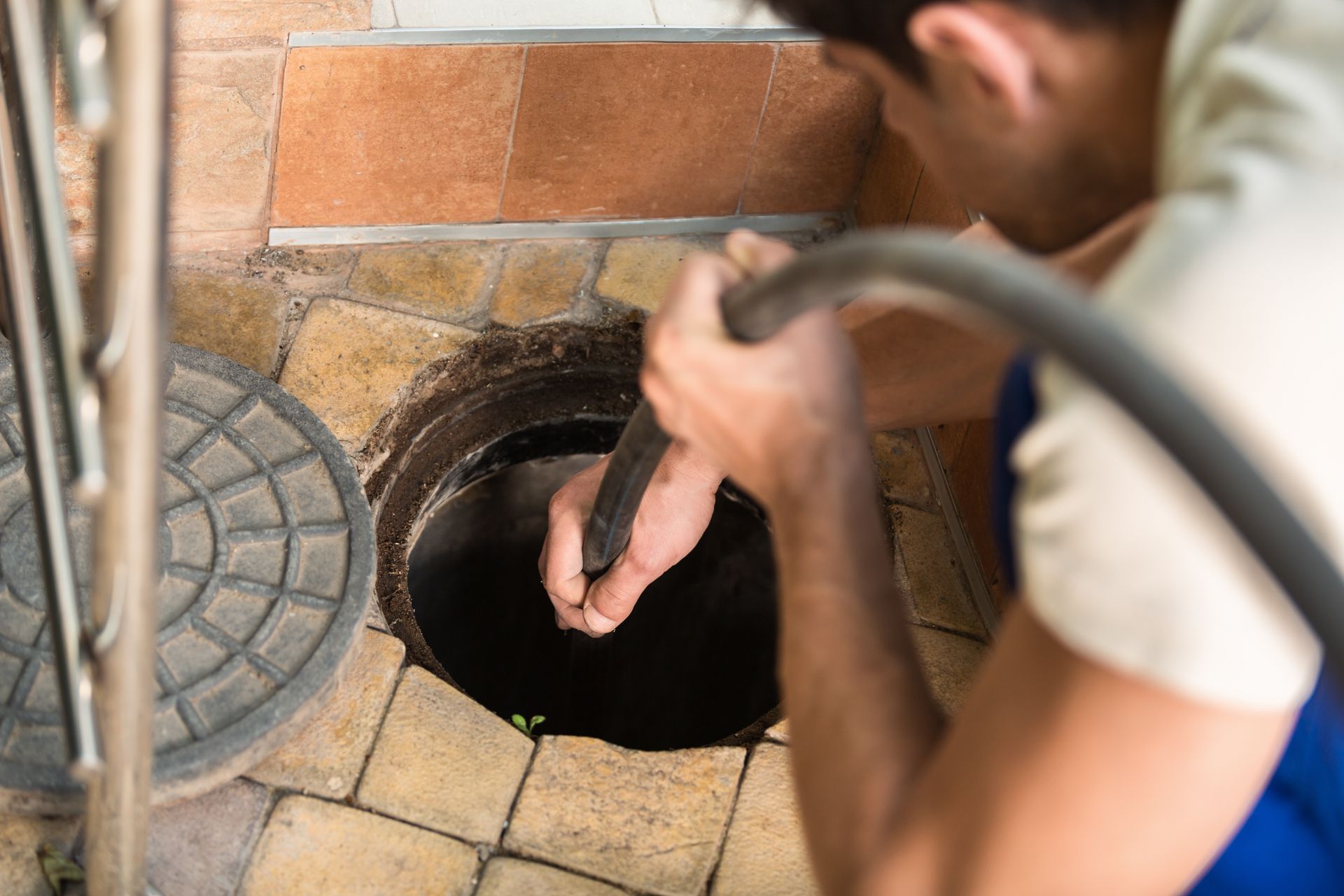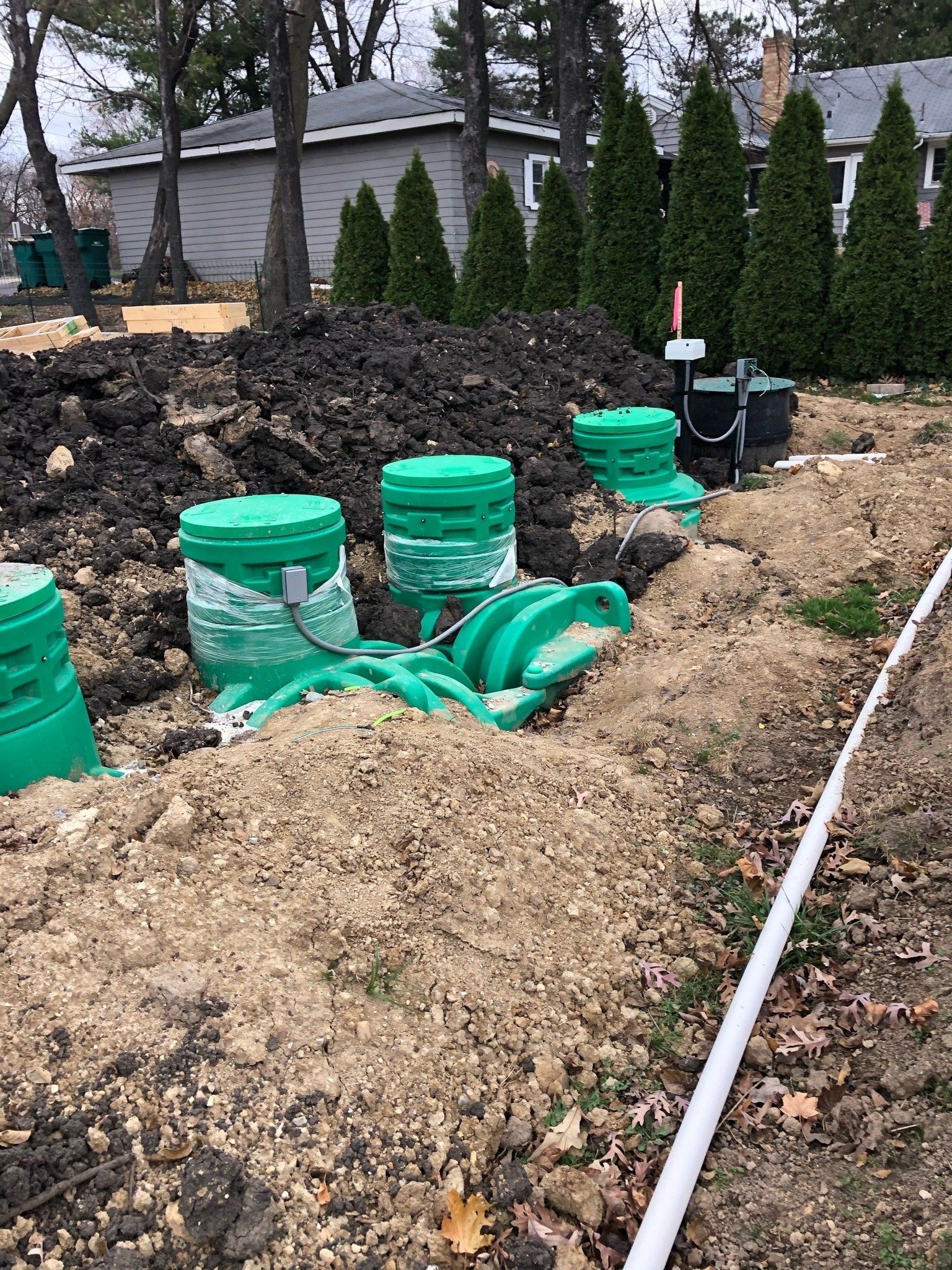When it comes to managing household wastewater, septic tanks offer a host of benefits that can enhance both convenience and environmental responsibility. Unlike conventional sewer systems, septic tanks provide homeowners with greater control over their waste disposal while promoting sustainability. In this article, we'll explore the numerous advantages of having a septic tank installed on your property, from cost savings to environmental preservation.
- Cost Efficiency: One of the primary advantages of a septic tank system is its cost-effectiveness. Unlike municipal sewer systems that require monthly service fees, septic tanks entail a one-time installation cost with minimal ongoing expenses. With proper maintenance, a septic tank can last for decades, providing long-term savings compared to paying utility bills for sewer services.
- Environmental Friendliness: Septic tanks operate on natural processes, allowing for the organic breakdown of waste without relying on energy-intensive treatment plants. This eco-friendly approach minimizes the carbon footprint associated with wastewater management, making septic systems a sustainable choice for environmentally conscious homeowners. Additionally, septic tanks promote groundwater recharge by treating wastewater on-site, reducing the strain on local water resources.
- Independence from Municipal Infrastructure: By having a septic tank, homeowners gain independence from centralized municipal infrastructure. This autonomy means that you're not subject to service disruptions or price fluctuations dictated by utility providers. Whether you live in a rural area or prefer self-sufficiency, a septic tank empowers you to manage your wastewater without relying on external entities.
- Flexibility in Property Development: Septic tanks offer flexibility in property development by accommodating homes in areas where municipal sewer connections are unavailable or cost-prohibitive. This versatility allows homeowners to build or expand their residences without constraints imposed by sewer line availability, opening up more possibilities for rural or remote locations.
- Efficient Wastewater Treatment: Septic tanks are designed to effectively treat household wastewater, removing contaminants and pathogens before releasing the treated effluent into the soil. Through a natural process of anaerobic digestion and bacterial action, septic systems break down solids, allowing for safe groundwater recharge. Properly maintained septic tanks can provide reliable wastewater treatment without the need for complex infrastructure.
- Increased Property Value: The presence of a well-maintained septic tank can enhance the value of your property. Prospective homebuyers often perceive septic systems as a desirable feature, especially in areas where municipal sewer connections are limited. A functioning septic tank signifies responsible homeownership and can contribute to a higher resale value for your home.
Investing in a septic tank offers a myriad of benefits, ranging from cost savings and environmental sustainability to property value appreciation and independence from municipal infrastructure. By opting for a septic system, homeowners can enjoy efficient wastewater treatment, flexibility in property development, and peace of mind knowing they're contributing to a greener future. Consider the advantages of having a septic tank for your home and make an informed decision that aligns with your needs and values.




